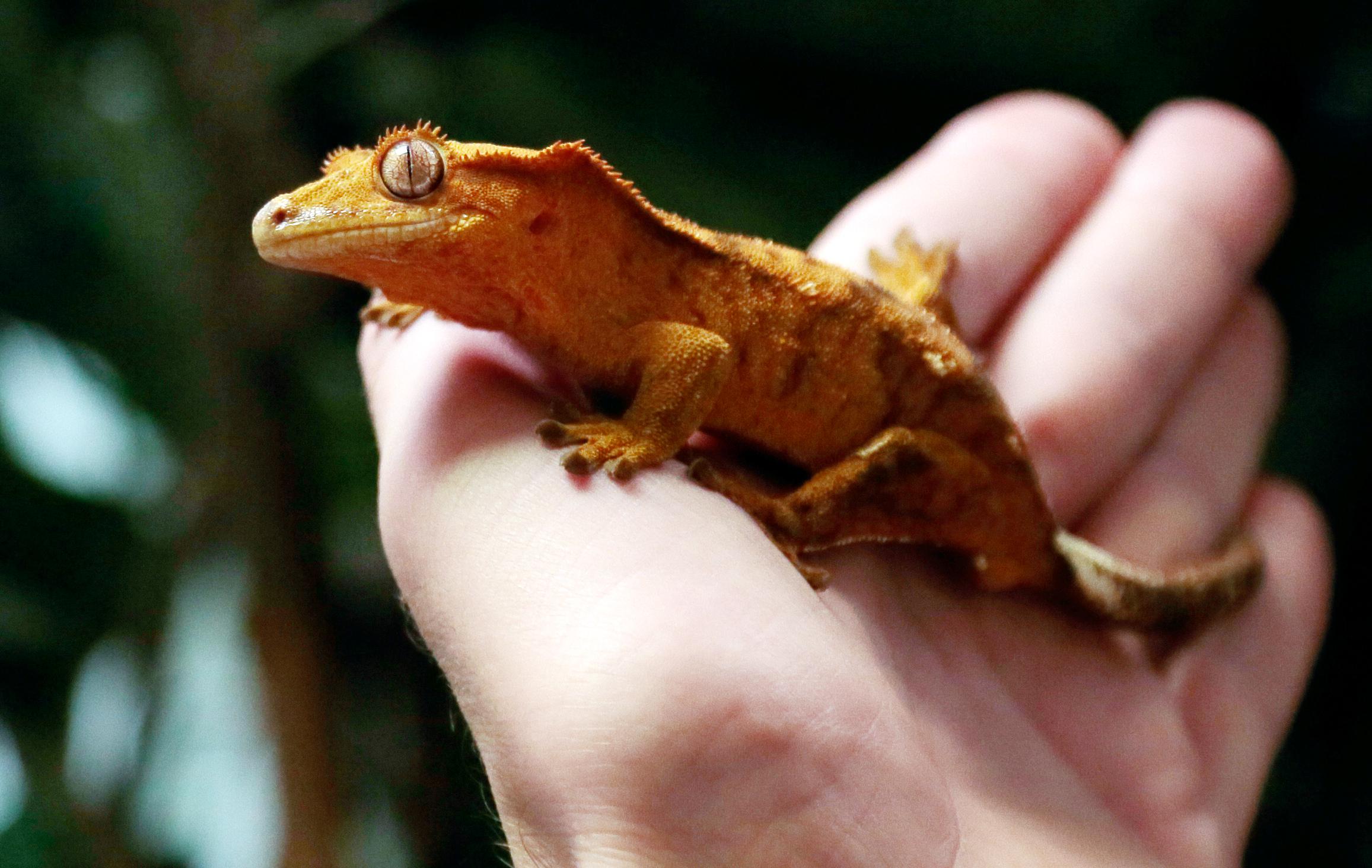Being a research gecko in Russia is tough. You never know when you’ll be blasted off into space, asked to re-enact a more intimate, reptilian version of a scene from Moonraker, and then left to wonder if there was any point to the exercise at all since mission control seems to have disappeared and you could well be as good as lost to the universe. That’s all assuming none of the equipment fails and you don’t freeze to death.
Alas, on Sept. 1, the Russian Foton-M satellite carrying five geckos launched into space in July returned with its squamatic passengers dead and in a frozen, mummified state. Most likely, the temperature dropped too low in the box where the one male and four female geckos were kept. However, the Guardian reports that the Institute of Biomedical Problems (ISTC), the Russian agency running the study, has said it’s “still too early to talk about the geckos’ cause of death.”
The geckos set off to space on a journey of sexual exploration as part of a study on weightlessness and reproduction. ISTC has been investigating the subject since the 1960s. Zero gravity seems not to offer much impediment to human sexual activity. Pregnancies in rats gestating in low gravity environments, however, do have some adverse effects—so we probably can’t colonize space just yet.
It’s unclear why lizard mating was of particular interest. But things got off to a floppy start when Roscosmos, the Russian Federal Space Agency, lost contact with the geckos’ satellite a few days after its launch. It’s also a mystery whether the crew managed to have any coupling activities whilst in spaceflight, or if any of these were filmed. But it seems advisable to first check that the heater works next time Russian scientists want to coax space geckos into the mood for love.
